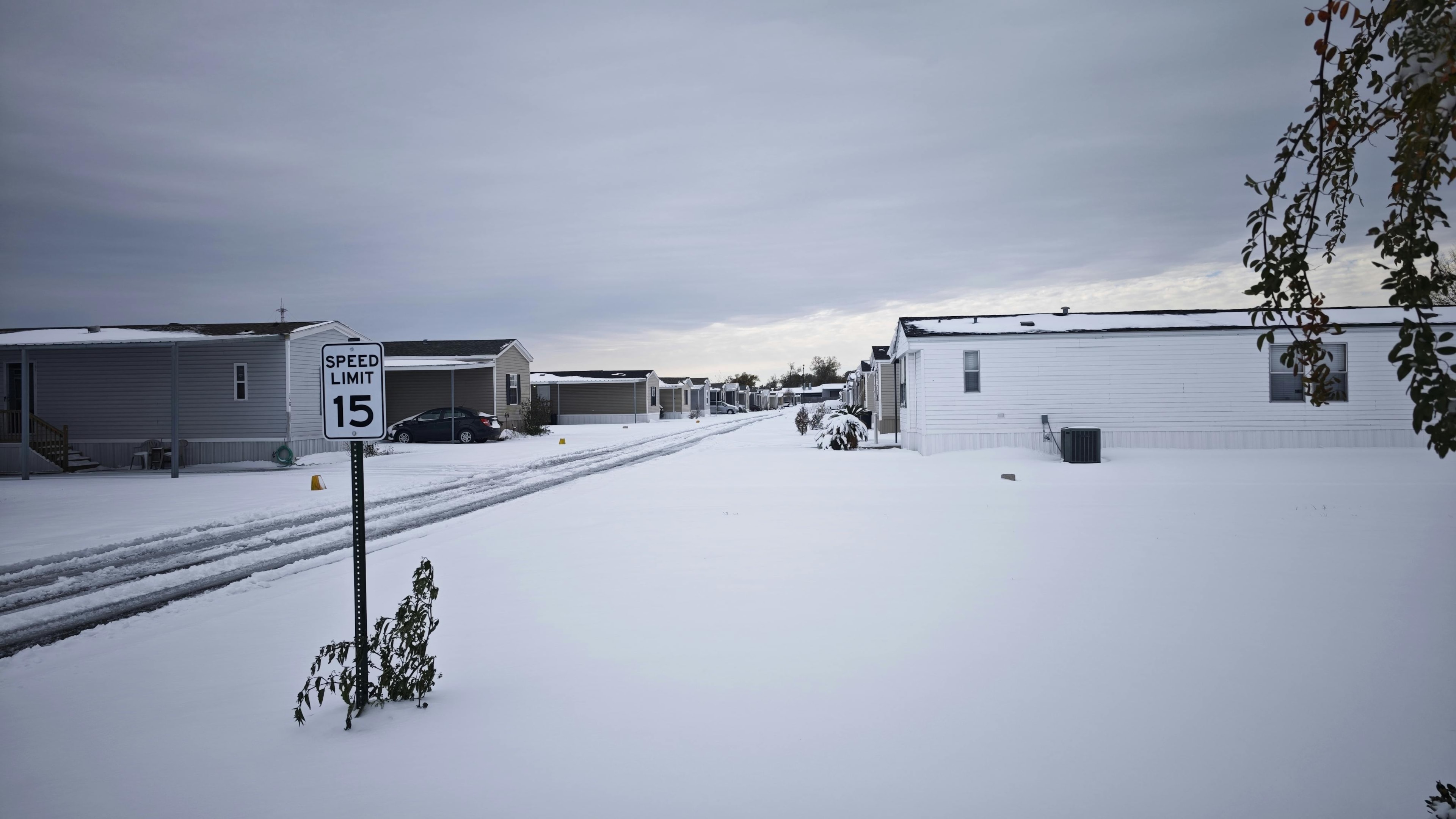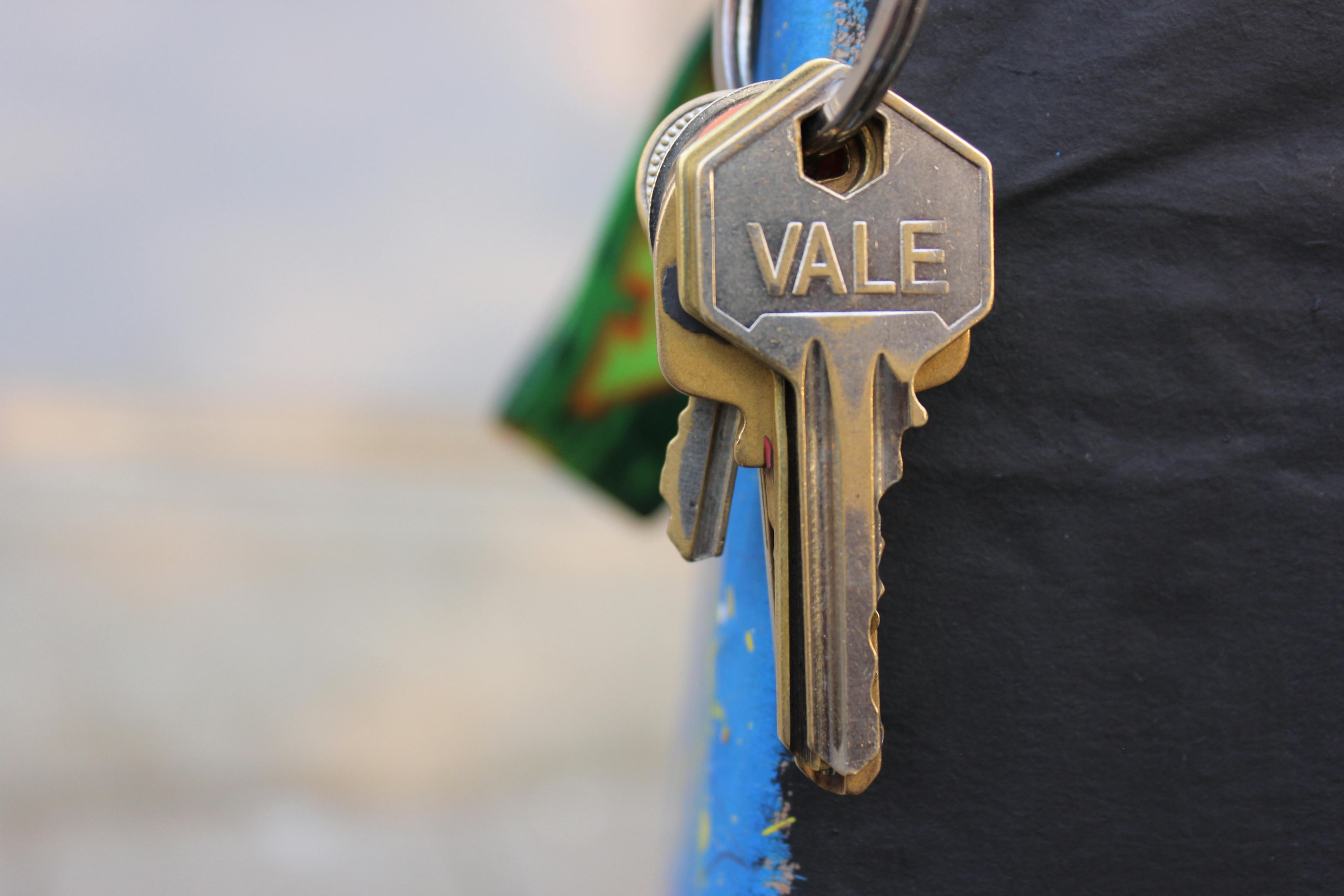Investing in Mobile Homes: The Overlooked Goldmine of Affordable Real Estate
Why Mobile Homes Deserve a Spot in Your Portfolio
When people talk about real estate investing, most minds jump to single-family rentals or apartment complexes. But there's a hidden gem in the market—mobile homes. These affordable units offer low entry costs, consistent cash flow, and minimal competition. The advantages of mobile home investing include stability during economic downturns, higher ROI, and passive investment opportunities. Mobile homes are an affordable option for both investors seeking cost-effective entry and tenants looking for budget-friendly housing. If you're tired of overpriced rentals and saturated markets, mobile home investing might be your next best move.

Low Entry Costs, High ROI
You can often buy a mobile home for less than the down payment on a traditional rental. That's huge if you're working with limited capital. Imagine turning a $10,000 investment into $500/month in rent. That's a 60% annual return—no stock market even comes close.
Growing Demand for Affordable Housing
As housing prices skyrocket, more people are looking for affordable alternatives. In many areas with limited affordable housing, there is a high demand for mobile homes as a cost-effective solution. Mobile homes are perfectly positioned to fill this gap, especially in markets with growing populations and limited affordable housing supply. The location of mobile home parks is crucial, as strategic placement in areas with strong job markets and population growth can maximize investment returns and tenant stability.
Less Competition Compared to Traditional Real Estate
Most investors ignore mobile homes, which means you're not fighting a dozen cash buyers at every turn. This gives you room to negotiate, add value, and build long-term income. With less competition in the mobile home sector, there are more opportunities to find favorable deals and grow your portfolio.
Types of Mobile Home Investments
Mobile Homes with Land
This is a real estate and structure package, and it's the most desirable form of mobile home investing. Owning both the land and the home means you are purchasing real property, which can be purchased outright or financed. You own the dirt, which means no lot rent and more control, and the purchase of both land and home provides more control and investment security. To see more about the advantages of owning land as an investor, read The Ultimate Guide to Land Investment: How to Build Wealth with Raw Land.
Mobile Homes in Parks (Without Land)
You own the home but rent the lot. This arrangement involves leasing the land from the park owner, with tenants responsible for paying rent for the lot. Think of it like owning a condo without the HOA headaches. This strategy usually involves lower costs but higher tenant turnover.
Mobile Home Parks (Entire Communities)
This is the big leagues. Mobile home park owners are responsible for maintaining common areas and infrastructure, while tenants are typically responsible for maintaining their own mobile homes and lot areas. You're buying land and renting pads to individual homeowners—mobile home park investors benefit from scalable income and reduced maintenance responsibilities. Think 30-40 units generating $400 each—you're running a cash machine. Owning a mobile home park provides unique advantages compared to other real estate investments.
The Numbers That Make Mobile Homes Make Sense
Cap Rates and Cash Flow Potential
Mobile homes often produce cap rates between 10%–20%, especially when compared to traditional single-family rentals hovering around 5–7%. This is due to the potential for high cash flow and consistent monthly cash flow generated from mobile home investments, particularly in mobile home parks where steady rental income is common. These properties can also offer higher returns compared to other real estate options, making them an attractive choice for investors seeking superior yields.
Depreciation vs. Appreciation
While mobile homes themselves may depreciate, the land appreciates—and land value tends to increase over the long run, helping offset the depreciation of the mobile home itself. Plus, cash flow offsets depreciation—meaning your monthly return is where the value lives.
Low Overhead Maintenance
No foundations, no basements, and smaller systems to maintain. Repairs are quicker, cheaper, and tenants often do them themselves—especially with rent-to-own setups. This shift in maintenance responsibility to tenants reduces costs and management duties for investors. It's still important to effectively budget for maintenance costs, to learn more details see Essential Strategies for Budgeting for Real Estate Investing Success.

Who's Your Target Tenant or Buyer?
Seniors on Fixed Incomes
They want peace, simplicity, and affordability. Mobile homes in age-restricted parks are perfect for this type of renter.
Working-Class Families
Many renters are priced out of the housing market. A clean, safe mobile home gives them the dream of homeownership—even if it's just a lease-option. Compared to the higher costs of purchasing a traditional home, mobile homes offer a more affordable path to owning or leasing a residence.
Rent-to-Own Buyers
You can structure deals where tenants work toward ownership. They stay longer, treat the home better, and reduce your maintenance costs.
How to Find and Evaluate Mobile Home Deals
MLS, Craigslist, Facebook Marketplace
Yes, Facebook groups and Marketplace are goldmines for finding mobile homes. Most mobile home sellers don't list through traditional real estate agents, so these platforms give you direct access to motivated sellers. Scrolling through listings on Craigslist or Facebook Marketplace can uncover hidden gems that aren't widely advertised.
Joining local Facebook groups dedicated to mobile home sales can also connect you with sellers and buyers in your target area. These online sources are especially useful for finding deals on individual mobile homes. Since listings update frequently, staying active on these platforms can help you spot opportunities early.
Driving for Dollars in Mobile Home Parks
Driving through mobile home parks looking for "For Sale" signs is a tried-and-true method that many investors use to find undervalued deals. Handwritten signs on lawns or windows often indicate motivated sellers who want to move quickly.
By engaging directly with park managers or residents, you can gather insider information on homes that might not be publicly listed. This approach requires a bit of legwork and persistence but can lead to high-cap rate deals—sometimes around 15% or more. Building rapport with park managers and residents is crucial for negotiating favorable terms and gaining access to properties.
Working with Park Managers and Wholesalers
Park managers and wholesalers are invaluable allies in the mobile home investing world. Park managers have firsthand knowledge of tenants looking to sell quickly and can often provide leads before the homes hit the market. Wholesalers specialize in finding discounted properties and connecting them with investors. Building strong relationships with these individuals can give you a competitive edge and early access to deals.
Networking with park managers and wholesalers also helps you understand the local market dynamics and tenant demographics, enabling you to tailor your investment strategy effectively. Many successful investors credit these connections as key to their deal flow and overall success.

Due Diligence for Mobile Home Investors
Title and Ownership Issues
Some mobile homes are titled like vehicles. Make sure the title is clean and in hand. If it's attached to the land, double-check zoning and property records.
Park Rules and Lot Rent Terms
Some parks don't allow rentals or require tenant background checks. Don't assume—read the rules.
Structural Integrity and Skirting
Check the roof, plumbing, HVAC, and underbelly. Manufactured homes may have different maintenance requirements compared to traditional site-built homes. Replacing a furnace in a mobile home is different from a stick-built unit—know your costs.
Financing Options for Mobile Homes
Cash Purchases
Still the fastest way to close. Many mobile home deals are under $20K, making cash purchases accessible for many investors. Paying cash also eliminates the need for loan approvals and financing contingencies, which can speed up the transaction process significantly. This approach is especially attractive for investors looking to move quickly on deals or negotiate better prices with motivated sellers.
Seller Financing
Common in this space, especially with tired landlords or older owners. Seller financing allows buyers to purchase mobile homes without the traditional bank loan process, making it easier to acquire properties with less upfront capital. It also provides sellers with a steady income stream through monthly payments and can be structured flexibly to fit both parties' needs. This method is a win-win for investors who may not qualify for conventional financing and sellers looking to move their property quickly. To learn more about this specific financing niche, read Seller Financing in Real Estate: The Smart Alternative to Traditional Loans.
Chattel Loans and Credit Unions
Chattel loans are designed for homes without land, but have shorter terms and higher rates. These loans treat the mobile home as personal property rather than real estate, which can limit borrowing amounts and increase interest costs. Credit unions often offer chattel loans with more favorable terms compared to traditional lenders, making them a popular choice among mobile home investors. Understanding the nuances of chattel financing is crucial for investors to secure the best possible loan terms and manage cash flow effectively.

Creative Strategies for Profiting
Fix and Flip
Buy ugly homes in good parks, fix them for $3K–$5K, and flip for a fast $10K+ profit. This strategy allows investors to quickly turn around properties with relatively low upfront costs, making it an attractive option for those looking to generate quick returns. With the right renovations focused on curb appeal and essential repairs, flipping mobile homes can be a lucrative way to capitalize on the growing demand in affordable housing markets. To learn more about getting into fix and flips, read What Type of Properties are Best for Flipping Houses Successfully?.
Buy and Hold for Rental Income
Even after paying lot rent, mobile homes can cash flow $300–$600/month with ease. This strategy can provide investors with consistent returns and stable income over time. For tips on this strategy, read Mastering the Buy and Hold Real Estate Strategy for Long-Term Gains.
Legal Considerations in Mobile Home Investing
Title Transfers and DMV Regulations
Some states treat mobile homes like vehicles, which means the title transfer process is handled through the Department of Motor Vehicles (DMV) rather than traditional real estate offices. This can add complexity to buying and selling mobile homes, as paperwork requirements and timelines may differ significantly from those of standard property transactions. It's important for investors to familiarize themselves with their state's specific regulations to avoid delays or legal issues when transferring ownership.
Landlord-Tenant Laws by State
Eviction procedures and lease agreements for mobile homes can vary widely depending on the state, especially when it comes to lease-to-own arrangements. Some states have unique protections or restrictions for mobile home tenants that differ from typical rental laws. Understanding these local landlord-tenant laws is crucial for mobile home investors to ensure compliance and to protect their investment against potential disputes or legal challenges.
Park-Specific Lease Agreements
Many mobile home parks have their own set of rules and lease agreements that govern subletting, home improvements, and tenant screening. These park-specific policies can sometimes be more restrictive than general landlord-tenant laws, impacting how investors manage their properties and tenants. It's essential to review and understand these agreements thoroughly before purchasing a mobile home in a park to ensure you can operate within the park's guidelines and avoid conflicts.

Challenges You Should Be Prepared For
Park Owner Restrictions
Mobile home park owners may impose restrictions on rentals or require approval for new tenants to maintain community standards and ensure park stability. Building a positive relationship with park management early on can help you navigate these rules smoothly and gain access to valuable information and opportunities within the park.
Tenant Turnover and Evictions
Tenant turnover in mobile homes tends to be higher than in traditional rentals due to factors like affordability and tenant financial instability. However, implementing turnkey rent-to-own deals can encourage tenants to stay longer, reduce turnover rates, and minimize eviction occurrences, leading to more consistent cash flow for investors.
Stigma and Perception Management
Despite the growing popularity of mobile homes as affordable housing, they still carry a stigma rooted in outdated perceptions. Smart marketing strategies, investing in quality homes, and maintaining clean, well-kept properties can quickly flip this narrative, attracting better tenants and increasing the overall value of your investment.
Mobile Homes vs. Traditional Rentals
Entry Cost: Mobile homes have a low entry cost ranging from $5,000 to $50,000, whereas traditional single family homes require much higher capital investments, typically between $100,000 and $500,000.
Cash Flow: Mobile homes generate high cash flow, while traditional single family home rentals typically provide moderate cash flow.
Appreciation: Mobile homes have limited appreciation on the home itself, whereas traditional single family homes tend to appreciate strongly in both property and land value.
Repairs/Maintenance: Mobile homes benefit from simpler construction, resulting in lower repair and maintenance costs compared to traditional homes, which have more complex designs and higher maintenance expenses.
Exit Strategies: Mobile homes offer flexible exit strategies, unlike traditional single family homes, which generally have conventional exit options.
Building a Scalable Mobile Home Business
Setting Up Systems and VA Support
Use virtual assistants to source leads, manage tenants, and follow up with sellers. Automate rent collection via apps like TenantCloud or Buildium. For tips on hiring a reliable VA, see How to Use Virtual Assistants for Real Estate Success.
Tracking Income and Repairs
Keep clean spreadsheets or use mobile-home-friendly property management tools.
Portfolio Growth Strategy
Buy two, reinvest profits, buy four more. The snowball is fast when your cash-on-cash return is 40%+.
Conclusion
Mobile home investing isn't always sexy—but it's profitable, scalable, and often flies under the radar. Whether you're looking for fast flips, steady passive income, or long-term wealth through owning an entire mobile home park, mobile homes offer a unique investment path that many investors overlook. This niche market provides opportunities to build a diverse portfolio with lower competition and higher cash flow potential. Don't underestimate the power of mobile home investing—it might just be your shortcut to financial freedom and lasting wealth.